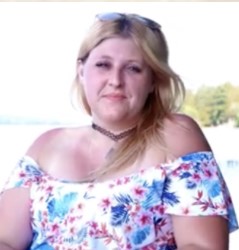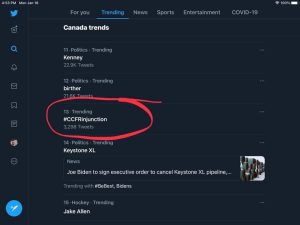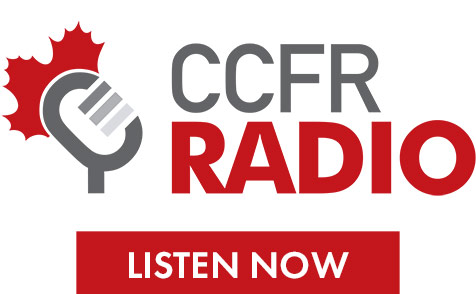CCFR Injunction - History in the books
We are in strange times. During any other time we would have seen a courtroom packed solid with interested parties. Instead, we took part in "zoom court", perhaps a small blessing because we were well over capacity with 1000- 1300 viewers at any one time. We would never have fit the 2300 registrants who wanted to attend, into a courtroom. Preparations are already underway to accommodate far more attendees for future hearings as the case progresses.

Associate Chief Justice Jocelyne Gagne confirmed that the CCFR v Canada injunction hearing is the highest attended judicial process in the history of the Federal Court, and that's without letting everyone in. This shows the monumental importance of this case for Canadians.
This injunction hearing was not the main federal court challenge, but an injunction to "stay" the gun ban until that big case can be heard and decided. Two other teams joined the CCFR in this effort; Michael Doherty et al (T-677-20) and Christine Generoux et al (T-735-20).
NO OTHER legal teams participated in this important step. At the CCFR we promised you we'd fight this with everything we've got, and we meant it. We don't intend to ever go just half way.
There are three criteria that must be met to be awarded an injunction;
- the existence of a serious issue to be tried
- the possibility of irreparable harm and
- the balance of inconvenience.
The three teams, lead by the CCFR's Laura Warner each had one hour to lay out their case as to why Justice Gagne should grant an injunction. The government's struggling legal team consisting of 3 lawyers then had their own opportunity to argue against it. A brief opportunity to rebut was provided at the end of the day, leaving Justice Gagne with much to review and decide. There is no indication of how long it will take for a response to the application but watch this site. As soon as we know - you'll know.
The main points discussed:
- The effects of this OIC on hunters and sport shooters - the only people affected
- The devastating effects on Canadian firearms businesses
- The attempt to destroy Canadian gun culture
- That legal gun ownership does not represent a disproportionate risk to public safety
- That the OIC is vague and confusing and will result in legal owners being exposed to criminal prosecution for mere ownership
- That the definitions for "variant" and other terms are vague and undefined, intentionally.
- That the FRT is used as a reference by law enforcement, yet individual owners do not have access to it in real time, and it's ever-changing.
- That the government's star witness, Murray Smith is not an independent or reliable witness or expert. Whether or not Smith's affidavit is admissible has yet to be decided.
- That the government's legal team presents a version for the review of the Regulation that calls for so much deference that it amounts to no review at all. The caselaw does not support that.
- That there are minimum requirements for criminal laws like this. There is compelling evidence that this Regulation offends the doctrine against vagueness
- That the RCMP’s role in interpreting the OIC is uniquely problematic. The process is opaque and, according to the AGC, not subject to court supervision. That offends core tenets of our system of justice and warrants scrutiny
Overall Impressions:
Laura Warner, JSS (CCFR); Laura delivered a devastating, beautifully-crafted argument of a more juridical nature, focusing on the technical legal aspect. Her arguments were tight and sound and very intricate. Possibly hard to follow for a layman, but the judge is anything but. Her level of presentation takes incredible preparation, knowledge and care. A true pro.

Arkadi Bouchelev (Bouchelev Law); Arkadi delivered a detailed, mechanical dissection of the more technical parts of the OIC, bore diameter problems, 10k joules, variants etc. His level of subject knowledge and direct hits on the affidavit of Murray Smith were wonderful to watch.
Christine Generoux (self rep); While not a lawyer, Christine delivered a welcomed voice for the people affected. Her detailed, moving delivery was impressive to all who listened, as she detailed the more social, cultural and philosophical arguments. A true champion for "the little guy" she held her own in an arena of legal experts and was cheered on by thousands across the country.

Team lead counsel Laura Warner had this to say after the injunction hearing:
"Associate Chief Justice Gagne was dialed in, which is always what you’re hoping for with a judge. There was a lot of dense and complicated material for her to digest. Her questions were thoughtful and showed that she was listening and was engaged with the material. The type of relief requested is exceptional and not granted often. We did our best to impress on the Court the need for some proportional relief in this unusual case, which engages fundamental values, including the need for reasonably clear criminal laws."
What happens now?
Associate Chief Justice Gagne will review all submissions and make a determination if the burden for an injunction will be granted in this case. There is not timeline provided on how long this will take, but it is important to note she has a lot to consider here. The CCFR will publish the decision the moment it is available.
The burden of proof or justification for an injunction is considerably higher than for the main case, so a loss at the injunction stage has no bearing on whether or not the main case will be successful. But not trying isn’t an option for us.
#FunFact
The hashtag #CCFRinjunction was trending in Canada all day ...

You can support the work of the CCFR to save your guns by ...



